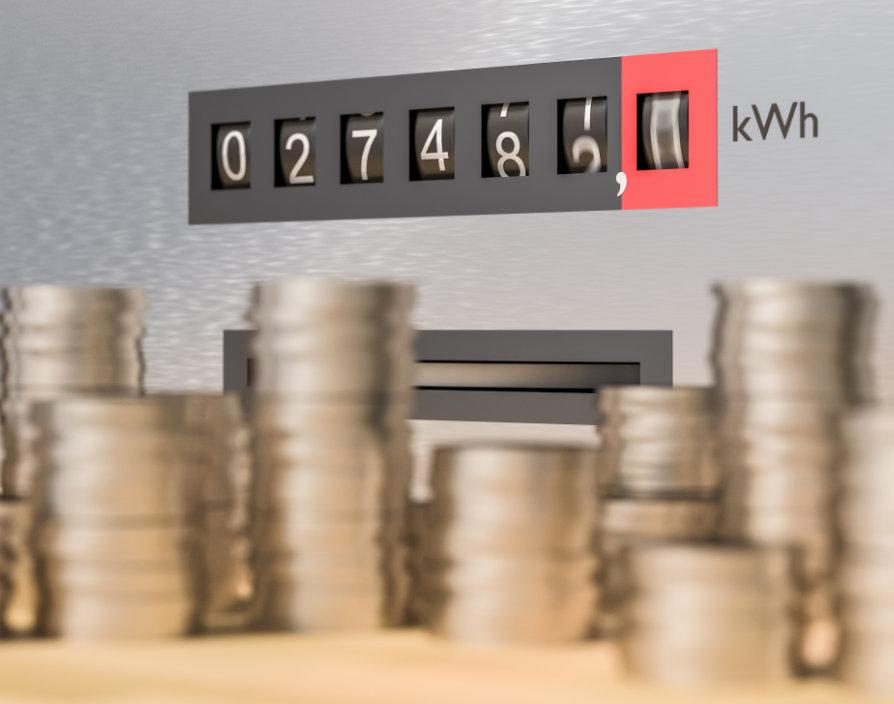Businesses who fixed their energy prices last year could see a significant increase in energy bills
The Energy Bill Relief Scheme is set to end in seven days, putting hundreds and thousands of businesses at risk. According to research by the Federation of Small Businesses (FSB), 370,000 businesses may need to downsize, restructure or close when energy bills increase. From April 1, energy bills are set to revert to a higher price, and there will be far less energy bills support for small business.
Many small businesses have told FSB that their energy bills soared three, four, five-fold or even more between 2021 and 2022. One pub owner in the Midlands told FSB last year his monthly energy bill was going to rise from £1,800 a month to £11,000 – an annual increase of over £110,000, leaving the business at risk and struggling to cope with other rising costs.
FSB research found that around 24% of small businesses are locked into energy contracts that were signed last year, at a time when wholesale prices were soaring. More than a quarter of this group (28%) could have to downsize, rethink their business model, or even close when they are hit by the rise in energy costs. To counter this, the FSB is calling on energy companies to allow small firms to renegotiate or ‘blend and extend’ their energy contracts, to benefit from the significantly lower wholesale energy prices which are now available.
They are asking the government to support small firms’ progress towards net zero through the introduction of a ‘Help to Green’ scheme, providing small businesses with a £5,000 voucher to invest in energy-saving or even energy-generating measures, such as better insulation, solar panels, or a heat pump when cash balances are at rock bottom.
This would reduce small firms’ carbon footprints and their energy bills at the same time, while giving a boost to UK’s net zero journey. The Help to Green concept has been supported by other representative bodies, including British Chamber of Commerce, Institute of Directors and Make UK. Tina McKenzie, Policy Chair of the Federation of Small Businesses (FSB) said: “The jump in energy bills on April Fool’s Day won’t be a laughing matter but will be a shock to hundreds of thousands of small businesses, who signed up to fixed contracts when the government discount was guaranteed under EBRS.
“In a week’s time with the rollback of government support, this group of vulnerable small firms will see their bills revert to high rates. This cliff-edge will also hit consumers as businesses will have to raise prices to cope with soaring bills, driving up inflation. Some 370,000 small firms could also be forced to consider downsizing, restructuring or closing as it is impossible to pass on the full costs to customers, who cannot suddenly afford to pay £25 for a pizza or see the price of a pint double.
“There’s much that could and should be done rather than leaving small firms high and dry. Allowing the most vulnerable small businesses to renegotiate or ‘blend and extend’ their energy contracts to better reflect lower wholesale energy prices is the least the Government and energy suppliers could do.
“A dozen trade associations representing businesses of all sizes and sectors, have come out to endorse the FSB initiative of ‘Help to Green’. This scheme would be on par with government support for homes and public buildings to retrofit. Our message to the Government is: show the small business community that they’re being treated as equal partner in this energy price crisis. That would keep 370,000 small firms off the cliff as well as the jobs and communities which depend upon them.”
Share via:








































